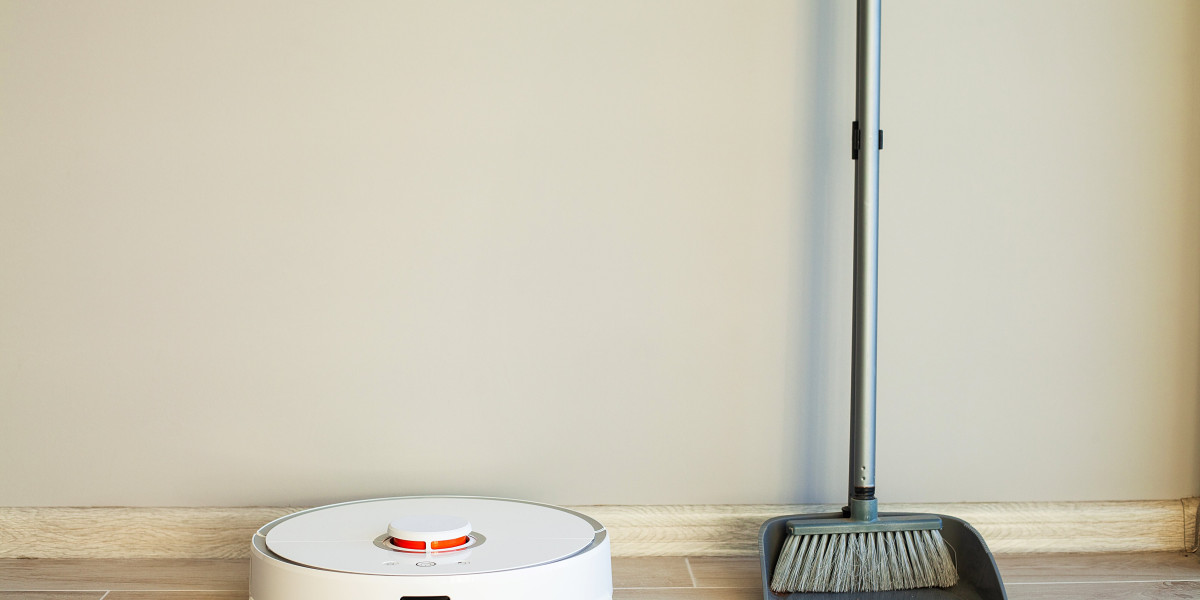1. Plan Ahead, Way Ahead
One of the biggest mistakes students make is waiting too long to start studying. Cramming the night before might help you pass a quiz, but it won’t cut it for finals or cumulative exams.
Start early by:
Marking your exam dates as soon as you get the schedule
Breaking down your syllabus into study chunks
Creating a daily or weekly study planner
Apps like Notion, Google Calendar, or Todoist can help you stay on top of everything and track your progress.
2. Balance Study with Assignments
Exams don’t come alone — they usually bring along a bunch of papers, presentations, and final projects. Balancing everything is key to avoiding overwhelm.
If you're struggling to keep up with it all, you can always look for reliable academic help online. Many students search for services to do my assignment when time is short and deadlines are near. Platforms like MyAssignmentHelp not only assist with essays and reports but also give you time back to focus on studying for exams.
That said, always be aware of your institution's academic integrity policy and use such services wisely — as learning support, not shortcuts.
3. Master Your Study Methods
Not all study techniques are created equal. Passive reading and highlighting might feel productive, but they usually aren’t. Instead, try these proven methods:
Active recall – Test yourself instead of just re-reading notes.
Spaced repetition – Review material over time, not all at once.
Pomodoro Technique – Study for 25 minutes, then take a 5-minute break.
Teaching method – Try explaining the material to someone else.
Mix up your study routine to keep things fresh and engaging. Use flashcards, diagrams, quizzes, and even group study sessions (as long as they stay focused).
4. Know What (and Who) to Ask
Don’t hesitate to reach out to your professors or teaching assistants if you're unclear on any topic. Office hours are there for a reason! Also, ask past students about exam formats or key areas to focus on — they’ve been in your shoes.
You can also form a small study group. Sometimes, talking through complex topics with peers helps reinforce your understanding. Just be careful not to let these turn into social hangouts during crunch time.
5. Take Care of Your Mind and Body
This might sound cliché, but it’s crucial: sleep, hydration, and nutrition directly affect how well you think and focus.
Try to:
Get at least 7 hours of sleep the night before your exam
Avoid too much caffeine — it can make anxiety worse
Eat something light and healthy before you study or write an exam
Take quick walks or stretch breaks to clear your head
And don’t forget to breathe. Exam stress is real, but it doesn’t define your worth or intelligence. Do your best and keep perspective.
Final Thoughts
Exams may be tough, but they’re not unbeatable. With early planning, effective study habits, and some extra support when needed, you can tackle finals with confidence. And if you're ever stuck between studying for a major test and finishing five assignments in one night, don't be afraid to delegate smartly — services like MyAssignmentHelp can be lifesavers when used responsibly.
You’ve got this. Now go ace those exams!








